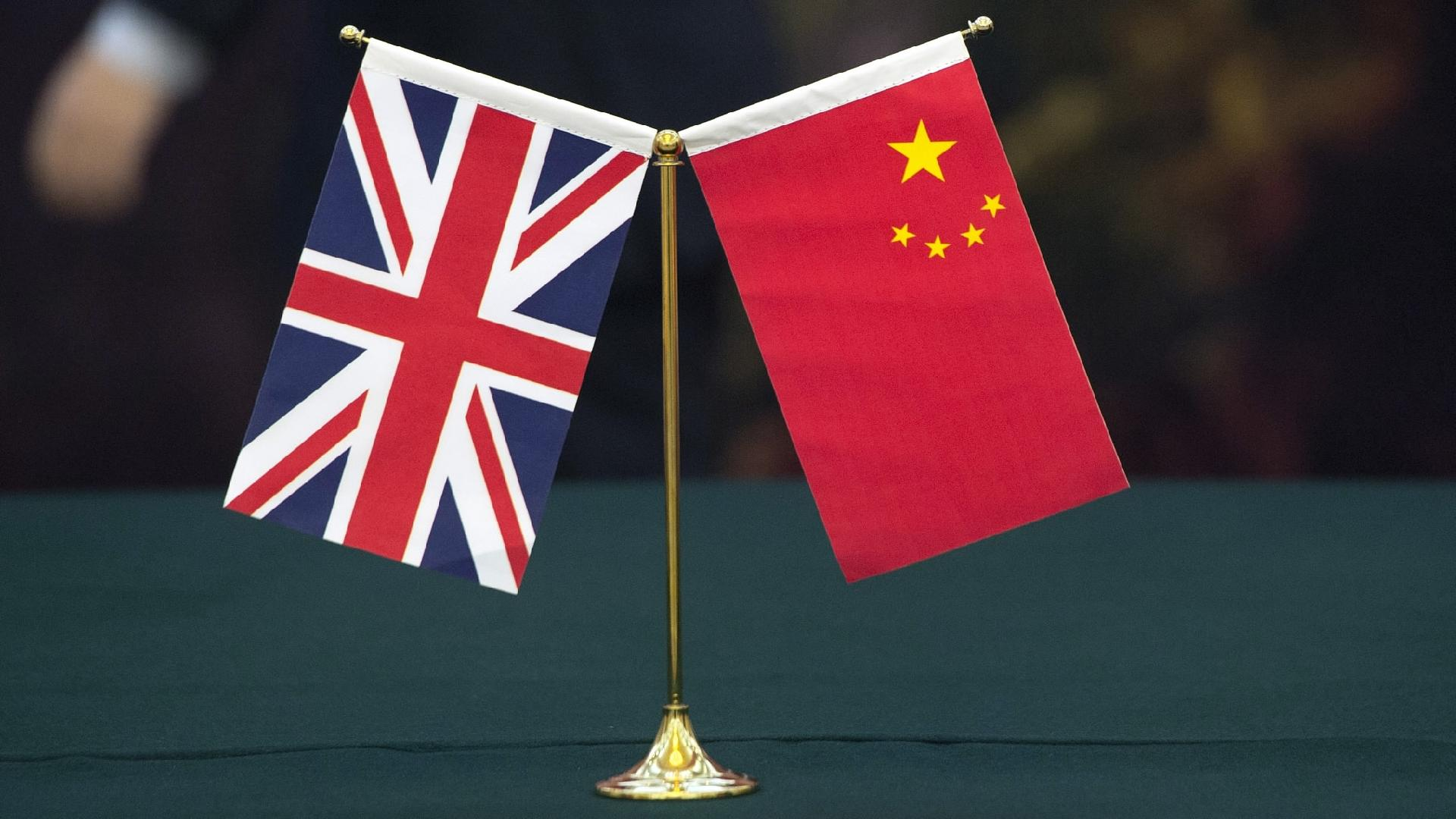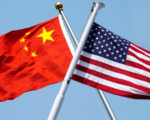The UK faces a precarious trade situation as President-elect Donald Trump signals sweeping tariffs of 10-20% on imports, including those from close allies like Canada, Mexico, and potentially Britain. With Britain’s services-heavy trade largely relying on the U.S. and the European Union (EU), these proposed tariffs threaten to disrupt the country’s economic growth and trade priorities under its Labour government.
Business and Trade Secretary Jonathan Reynolds emphasized Britain’s commitment to advocating for free trade during a parliamentary session. He argued that Britain’s services-dominated exports to the U.S.—which account for over two-thirds of its trade—offer a unique position compared to Trump’s focus on manufacturing-heavy imports. Both nations also report trade surpluses with each other, further supporting the UK’s case for maintaining tariff-free relations.
However, the UK is balancing multiple trade relationships. While efforts to reset relations with the EU are underway, including a potential veterinary agreement to reduce border checks, Trump’s administration may demand Britain prioritize U.S. ties. Liam Byrne, chair of the business and trade committee, suggested that Britain’s closer ties with the EU might hinder prospects for a U.S. free trade agreement (FTA). However, he dismissed the likelihood of an FTA as a “mirage,” advocating instead for sector-specific deals to mitigate potential tariffs.
Navigating U.S., EU, and China Relations
The UK’s trade landscape remains complicated by its post-Brexit relationship with the EU, which still accounts for over 40% of British exports compared to the U.S.’s 22%. While Reynolds highlighted agricultural standard alignments with the EU as a foundation for reducing trade barriers, he acknowledged the difficulties of securing a U.S. FTA, citing longstanding disputes over agricultural practices.
Compounding this challenge is the UK’s increasing openness to China, with Prime Minister Keir Starmer engaging in leader-level talks with President Xi Jinping and Finance Minister Rachel Reeves planning a visit to Beijing. This pivot could create friction with Trump, who has threatened tariffs on Chinese imports and may push Britain to adopt similar measures in exchange for U.S. concessions.
Business Uncertainty and Strategic Choices
George Riddell of EY UK noted growing uncertainty for businesses, particularly manufacturers, who face the prospect of exports departing Britain this year only to encounter new tariffs upon arrival in the U.S. Companies are now forced to prepare for multiple trade scenarios, adding to their challenges.
While some analysts argue Britain could ride out Trump’s tariff threats by strengthening ties with the EU and China, others caution that closer China relations might provoke U.S. ire more than EU engagement. Sam Lowe of Flint Global suggested Trump might pressure the UK to impose restrictions on China as a trade-off for favorable terms with the U.S., placing Britain in a difficult position.
Reynolds stressed that Britain’s goal is to balance its relationships, advocating for open trade while safeguarding its economic interests. However, the competing demands of the U.S., EU, and China leave the UK navigating an intricate and politically charged trade landscape.


















